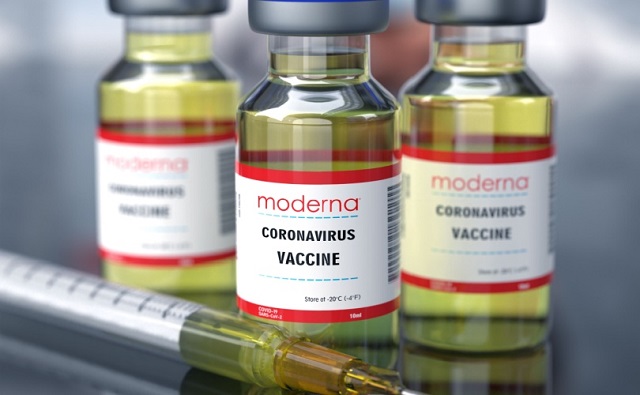Business
‘There Are No Sacred Cows’: Charles Payne Predicts DOGE Will Take Bite Out Of Military Industrial Complex


From the Daily Caller News Foundation
By Harold Hutchison
Fox Business host Charles Payne predicted Monday that the Department of Government Efficiency (DOGE) will likely cause a short-term hit to the stock market as companies that sell the Pentagon a “$500 hammer” will “take a hit.”
President-elect Donald Trump named Tesla CEO Elon Musk and former Republican presidential candidate Vivek Ramaswamy as co-chairs of the Department of Government Efficiency (DOGE) Nov. 12. Payne said that the committee had “no sacred cows” after discussing the committee’s plan to target federal spending and policies military and health care industries with former White House press secretary Kayleigh McEnany and “America’s Newsroom” co-hosts Bill Hemmer and Dana Perino.
“Here is the way I look at the next Trump 2.0. I look at Trump 2.0 as not necessarily, we’re gonna get everything in the next four years, but we’re gonna put things into place to create prosperity for America that I think could last at least three decades and the key part of this is, look where they’re going – there are no sacred cows,” Payne said. “Look at what they are going after.”
WATCH:
“On Friday, you had legislation to go after the pharmacy benefit managers, right? CVS stock is cratering. Eisenhower warned us about the industrial-military complex. Well, now we’ve got a health insurance industrial complex, we got a healthcare industrial complex, we got a military industrial complex now,” Payne continued. “There are hundreds of billions of dollars floating around and guess what? It’s not necessarily good news for the stock market initially. You know, because, some of these companies that get all of this money and charge us $500 for a hammer and $1,000 for a toilet seat, they may take a hit, but ultimately, it’s better for the country and that means it’s ultimately better for the stock market.”
Republican Sen. Joni Ernst of Iowa sent Musk and Ramaswamy a seven-page letter in November with suggestions ranging from addressing unused space in buildings owned or leased by the federal government to halting uncommitted spending for COVID relief, with the proposed cuts totaling over $2 trillion.
In April, Republican Rep. Michael Waltz of Florida confronted Secretary of the Air Force Frank Kendall about the Air Force paying $90,000 for a bag of bushings. The Pentagon also paid $14,000 for a 3D-printed toilet seat and $1,280 for cups, according to a release from Republican Sen. Charles Grassley of Iowa.
Ernst released a 60-page report on Dec. 5 that covered findings from Ernst’s investigations into telework since she sent an August 2023 letter to 24 government agencies seeking a review of the issues involved with telecommuting.
Trump reportedly is planning on privatizing the United States Postal Service, which lost $9.5 billion in fiscal year 2024, according to the Washington Post.
Business
Report: Chinese government considering sale of TikTok to Elon Musk, possible X merger
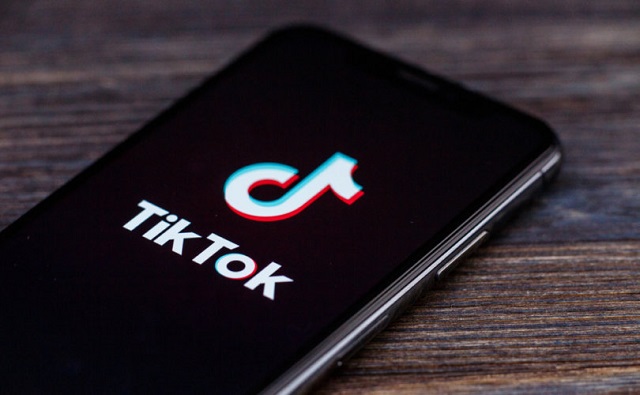
From LifeSiteNews
“A potential high-profile deal with one of (returning President Donald) Trump’s closest allies holds some appeal for the Chinese government, which is expected to have some say over whether TikTok is ultimately sold”
Chinese government officials are considering the possibility of allowing TikTok to be sold to X owner Elon Musk ahead of a deadline to sever the social video platform from its Chinese government-linked ownership, according to a report published Monday by Bloomberg.
Last April, a law signed by President Joe Biden and supported by many in both parties, required TikTok to be sold by January 19 or shut down due to Chinese parent company ByteDance’s links to the ruling Chinese Communist Party (CCP) and its military and surveillance operations, sparking national security concerns over the Chinese regime’s access to the personal data of TikTok’s American users.
ByteDance challenged the law, but last week, the U.S. Supreme Court signaled in oral arguments that it would not block the law, although no ruling has yet been issued, with the deadline for divestment just days away.
On Monday, Bloomberg reported that “people familiar with the matter” said several options are now being considered on a preliminary basis, one of which would involve Musk purchasing TikTok and possibly merging it with X. That could drastically grow the latter platform’s user base and give Musk vast troves of data with which to improve his artificial intelligence project xAI.
“A potential high-profile deal with one of (returning President Donald) Trump’s closest allies holds some appeal for the Chinese government, which is expected to have some say over whether TikTok is ultimately sold,” according to the report. Musk vocally and financially supported Trump in the 2024 election and will be advising the new administration on spending cuts.
Musk, who opposed banning TikTok, has not commented on the report. ByteDance dismissed it as “pure fiction,” but Bloomberg said that “It’s not clear how much ByteDance knows about the Chinese government discussions.”
While at first glance it appears unlikely that the Chinese government would be willing to give a new owner outside its control the opportunity to examine TikTok’s collection and sharing of user data, the report suggests the regime may see it as a “potential area for reconciliation” ahead of negotiations with the Trump administration over issues such as trade and tariffs.
American politicians on both sides have inconsistent records on support for the video app. Last February, Biden’s reelection campaign joined the app despite his own administration labeling it a national security threat. White House National Security Council spokesman John Kirby admitted at the time that “there are still national security concerns about the use of TikTok on government devices and there’s been no change to our policy not to allow that,” but declined to comment on the propriety of his boss using the app.
In the final year of Trump’s first term, meanwhile, he levied sanctions against TikTok and supported banning it as well, but during his 2024 campaign reversed his position days after meeting with GOP megadonor and TikTok shareholder Jeff Yass. In December, Trump asked the Supreme Court to delay the divestment deadline until after he took office, arguing that he “alone possesses the consummate dealmaking expertise, the electoral mandate, and the political will to negotiate a resolution to save the platform while addressing the national security concerns expressed by the government.”
Business
FDA bans commonly used food dye

FDA Finally Bans Cancer-Linked Red No. 3 Food Dye
The Food and Drug Administration (FDA) announced on Wednesday that it is banning the use of Red No. 3, a synthetic dye responsible for the vibrant cherry red color in foods and beverages, citing its association with cancer in animal studies:
The dye is still used in thousands of foods, including candy, cereals, cherries in fruit cocktails and strawberry-flavored milkshakes, according to the Center for Science in the Public Interest, a food safety advocacy group that petitioned the agency in 2022 to end its use.
Food manufacturers will have until Jan. 15, 2027 to reformulate their products. Companies that make ingested drugs, such as dietary supplements, will get an additional year.
This ban was LONG overdue. Unfortunately, the other synthetic food dyes that have also been linked to serious deleterious health effects still remain on the market. A few months ago, I summarized the harm linked to synthetic food dyes — outdated FDA standards expose Americans to toxic food dyes linked to cancer, neurobehavioral issues, and other health risks, demanding urgent regulatory action:
Synthetic Food Dyes: A Half-Century of Harm |
||||||
|
||||||
|
by Nicolas Hulscher, MPH
|
||||||
|
Batada et al found that nearly half (43.2%) of grocery store products contained artificial food colorings (AFCs), with Red 40 (29.8%), Blue 1 (24.2%), Yellow 5 (20.5%), and Yellow 6 (19.5%) being the most common. Candies (96.3%), fruit-flavored snacks (94%), and drink mixes/powders (89.7%) had the highest prevalence of AFCs, while produce contained none.
Oliveira et al summarized the deleterious health effects linked to synthetic food colorings in children: neurobehavioral disorders, allergic reactions, carcinogenic and mutagenic potential, gastrointestinal and respiratory issues, toxicity, developmental and growth delays, and behavioral changes.
Sultana et al illustrated the specific health hazards associated with particular synthetic food dyes:
Miller et al conducted a systematic review of the potential neurobehavioral impacts (activity and attention) of food dye consumption. They included 27 clinical trials of children exposed to synthetic food dyes and found that 16 of 25 challenge studies (64%) demonstrated evidence of a positive association, with 13 studies (52%) reporting statistically significant findings. The authors concluded, “Current evidence from studies in humans, largely from controlled exposure studies in children, supports a relationship between food dye exposure and adverse behavioral outcomes in children, both with and without pre-existing behavioral disorders.” They also noted that:
“Animal toxicology studies were used by FDA as the basis for regulatory risk assessments of food dyes [25]. All current dye registrations were made between 1969 and 1986 based on studies performed 35 to 50 years ago. These studies were not designed to assess neurobehavioral endpoints. Dye registration was accompanied by derivation of an “acceptable daily intake” (ADI) based on these studies. FDA ADIs have not been updated since original dye registration, although there have been several reviews of specific effects since then, the latest in 2011.”
Synthetic food dyes, widely prevalent in U.S. products and lacking nutritional value, rely on outdated FDA approvals despite evidence of widespread toxicity, carcinogenicity, and adverse neurobehavioral effects, strongly warranting urgent regulatory action to protect public health.
While the FDA has finally made a decision that will benefit public health, they are still allowing the dangerous COVID-19 genetic injections to be administered to all individuals aged 6 months and older despite far exceeding criteria for a Class I recall. The immediate removal of unsafe and ineffective gene therapy injections should be the first priority before anything other product bans.
Nicolas Hulscher, MPH
Epidemiologist and Foundation Administrator, McCullough Foundation
Please consider following the McCullough Foundation and Nicolas Hulscher on X (formerly Twitter) for further content.
-

 Business2 days ago
Business2 days agoCanada Suddenly Says It’ll Buy More US Products After Trump Threatened To Slap It With Tariffs
-
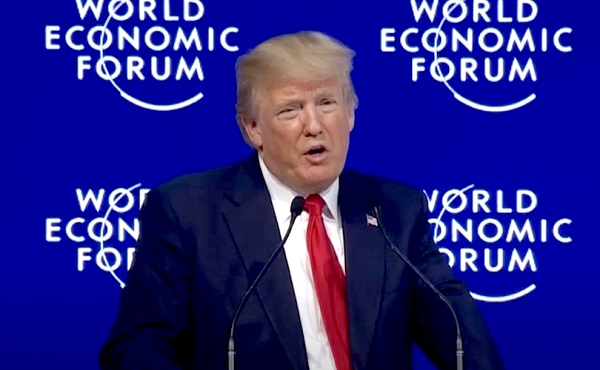
 Great Reset2 days ago
Great Reset2 days agoTrump to virtually address globalist WEF meeting in Davos days after being sworn in
-
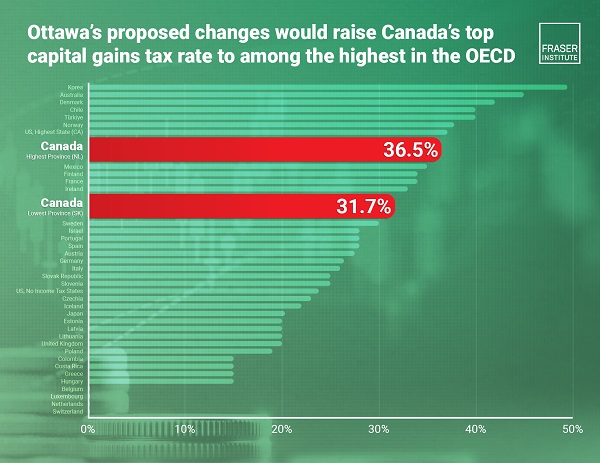
 Business2 days ago
Business2 days agoProposed federal tax hike would make Canada’s top capital gains tax rate among the highest of 37 advanced countries
-

 COVID-192 days ago
COVID-192 days agoOttawa cop sues CBC after she was suspended for investigating link between COVID shot, infant deaths
-

 Alberta2 days ago
Alberta2 days agoPremier Danielle Smith: Immediate Federal Election needed to deal with Trump Tariffs
-
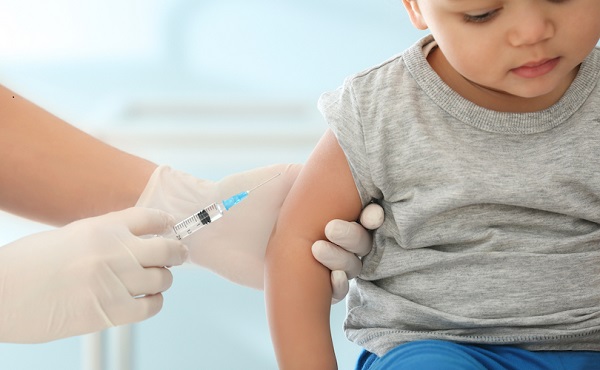
 COVID-192 days ago
COVID-192 days agoCanadian parents wary of COVID, flu shots for children
-

 National1 day ago
National1 day agoTrudeau Must Resign From Board Overseeing Leadership Race and Call for Investigation Into Foreign Interference
-
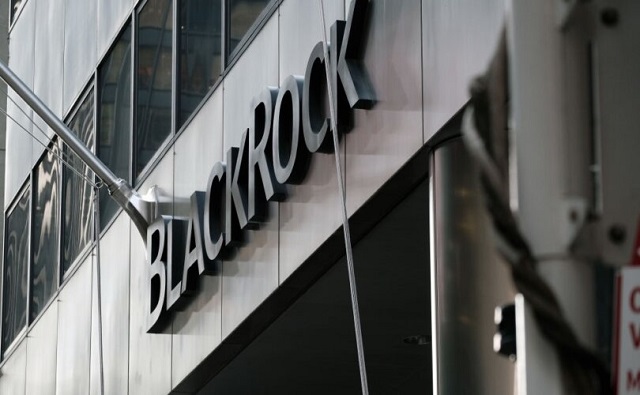
 Business2 days ago
Business2 days ago‘A Huge Win’: Woke Climate Cartel Goes Belly Up











